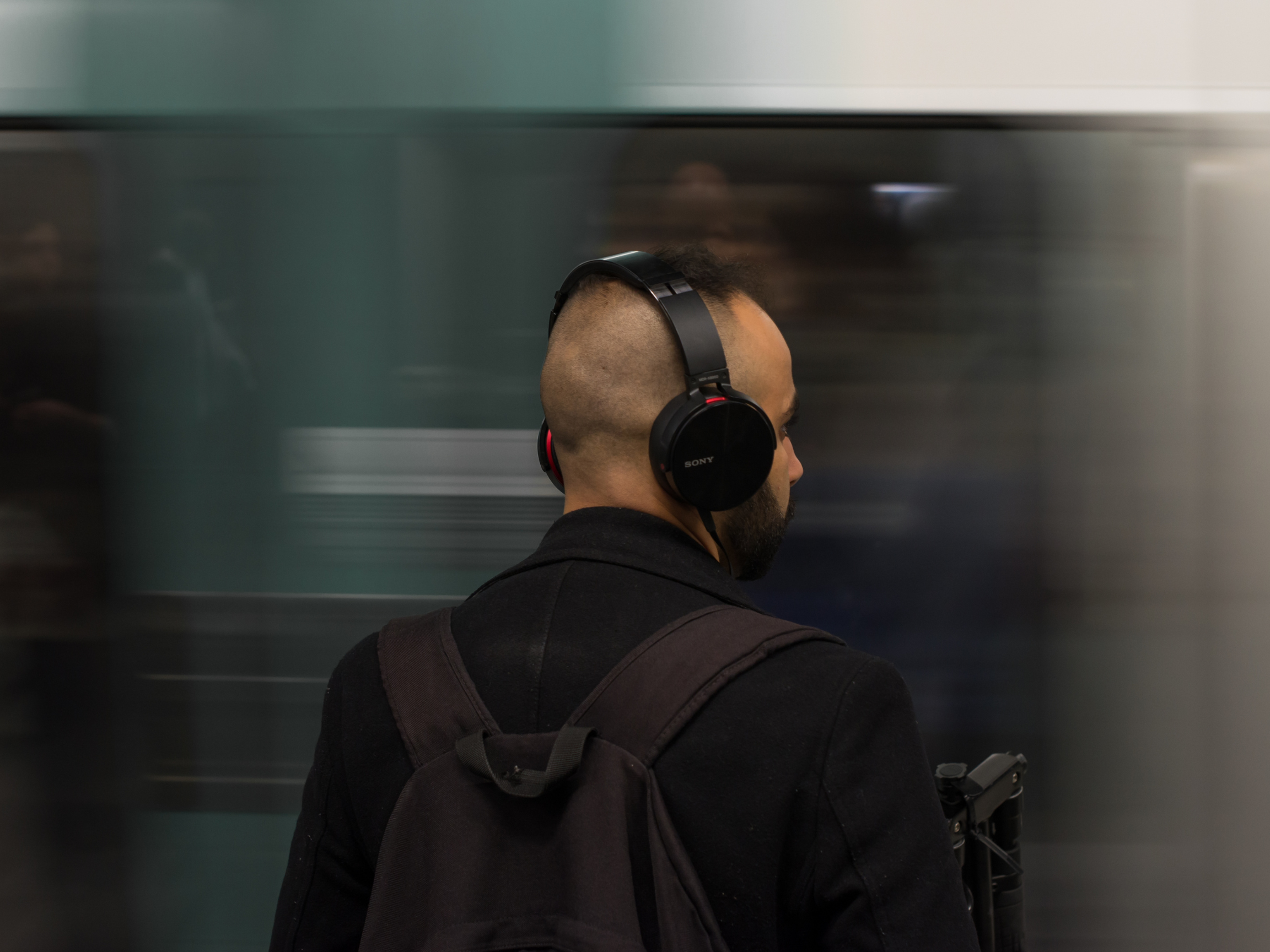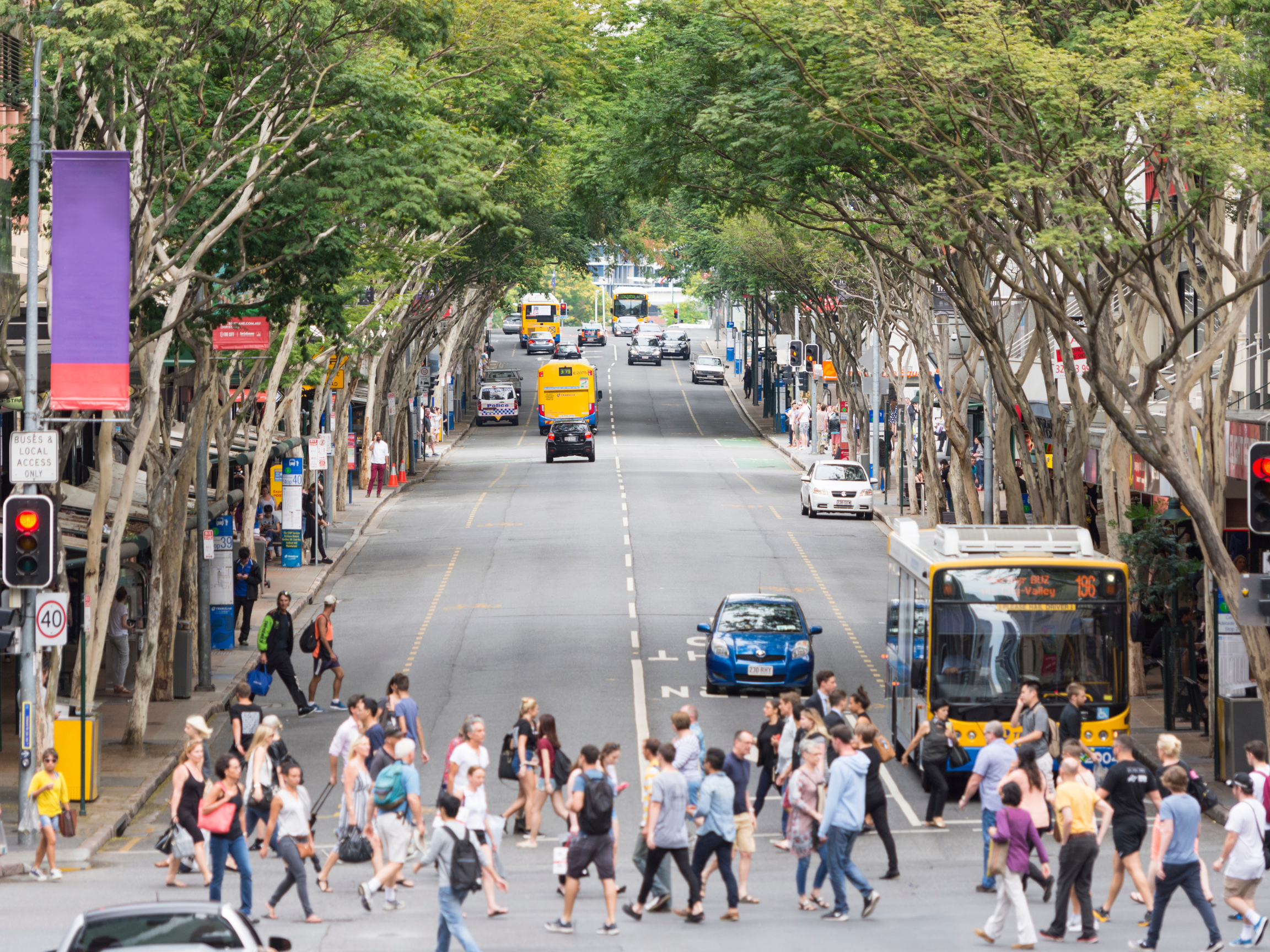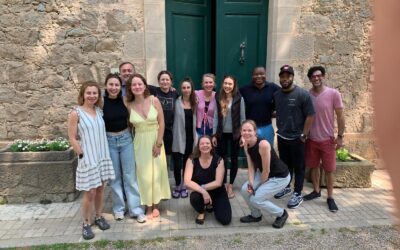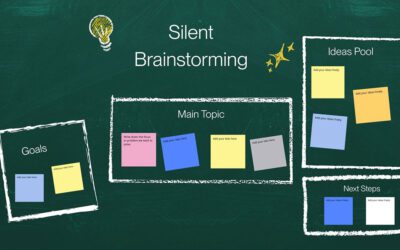Today, sound fills every space. Background music in public areas, constant notifications, conversations competing to be heard. Reconnect with silence, far from being a norm, has become a rarity and for many, something uncomfortable.
Why is it so hard for us to stay in silence? When did it become something we avoid? What exactly is the “culture of noise”? This cultural shift affects our daily lives, and it’s worth exploring what we can do to not only tolerate silence again, but to enjoy it.
What Is the Culture of Noise?
The culture of noise refers to the normalization of excessive auditory stimulation in our daily lives. We’re not just talking about external noise pollution like traffic or construction, but also the noise we choose: podcasts playing as we walk, the TV on while we cook, endless playlists that never stop.
This sound saturation isn’t accidental. We live in a society that associates silence with unproductivity, emptiness, even emotional discomfort. In many contexts, noise is a symbol of being active, of movement, of “doing something.”
Why Does Silence Make Us Uncomfortable?
When we’re in silence, we’re faced with what is. Without external distractions, our mind starts talking. Thoughts we usually ignore begin to surface. For many, this creates anxiety, that is why reconnect with silence is so difficult for so many persons.
Silence is also often interpreted as a sign of tension. A pause in conversation can feel awkward. In meetings, silence may be seen as disagreement or a lack of ideas. Culturally, it’s something we rush to fill.
The Impact of Constant Noise on Our Health
Constant exposure to noise has real consequences for our well-being. Studies show that prolonged noise affects sleep quality, increases cortisol levels (the stress hormone), and reduces our ability to concentrate.
On a cognitive level, the human brain needs breaks to process information. Without them, we operate on autopilot, exhausted, though we might not know why.

What Are We Losing with So Much Noise?
Constant noise doesn’t just drain us it distances us from key capacities. Creativity, for instance, needs space. Good ideas rarely arise in chaos. The same goes for introspection. We can’t know how we feel or what we need if we’re constantly consuming external stimuli. Reconnect with silence gives you these things back.
Recommended video: The Science of Silence | Wednesday Checkup
Mental Noise Counts Too
Not all noise comes from the outside. A large part of what we carry is internal: that constant subconscious murmur, the never-ending to-do list that updates itself, imagined conversations, and the loops of repetitive thoughts that kick in even when everything seems calm.
This kind of noise can’t be solved by physical silence alone. It requires attention, practice, and above all awareness. Sometimes we believe stress comes from the city, work, or our environment, but we forget there’s a constant cognitive load running in the background. And when external silence appears, mental noise becomes even more noticeable.
It’s not easy to turn that voice off but you can turn the volume down. Meditating, writing down what’s spinning in your head, or simply walking without digital stimulation can help clear some mental space. Acknowledging this kind of noise is the first step toward no longer living at its mercy.
How to Relearn to Be in Silence
Reclaiming silence doesn’t mean disappearing from the world. It’s about consciously choosing when we want to turn the volume down. Here are a few strategies:
1. Include Silent Moments in Your Routine
Dedicate 5–10 minutes a day to doing nothing. No music, no distractions. Just being. It can be in the morning or before bed. Your body and mind will adjust over time.
2. Walk Without Headphones
It may sound simple, but walking through the city without added noise helps reconnect with your surroundings. Listening to your city’s real soundscape is a form of presence.
3. Take Conscious Breaks at Work
Instead of filling every pause with your phone, try closing your eyes for a few minutes. Breathe. Observe how your mental state shifts.
4. Intentionally Seek Out Quiet Spaces
Make a list of places in your city where you know you can be without overstimulation like a library, a small gallery, or a hidden park. Don’t underestimate the power these spaces have to help you reconnect with yourself.
If you’re in Barcelona (or just visiting), check out this guide to some of the best silence refuges in the city, accessible spaces curated for those seeking a break from the noise.
Silence as a Tool in Corporate Environments
In the workplace, silence holds underestimated power. Companies often value visible productivity, yet more and more studies highlight the benefits of integrating silent pauses into the workday. Many organizations have included silent pods into their workspaces for employees to find silence or use it as a meeting space so no other noise is around.
At Silent Focus, for example, we’ve incorporated silence as an active component of our corporate retreats. The result: clearer thinking, better decision-making, and a collective sense of calm. Reconnect with silence.
Are We Ready to Tolerate Silence Again?
Reconnecting with silence means accepting the initial discomfort it may bring. It’s normal for it to feel strange at first. What matters is understanding that this discomfort is temporary, and that beyond it lies something valuable: mental rest, internal listening, and genuine connection.
Silence Is Part of Being Human
It’s not about living in total silence. It’s about reclaiming the right to choose when we listen and when we don’t. The culture of noise made us forget we can stop.
Finding silence again is, ultimately, finding ourselves again.
Visit more blog articles about the power of silence in the world full of noise.
Follow us on Instagram for more content: @silentfocus.co





